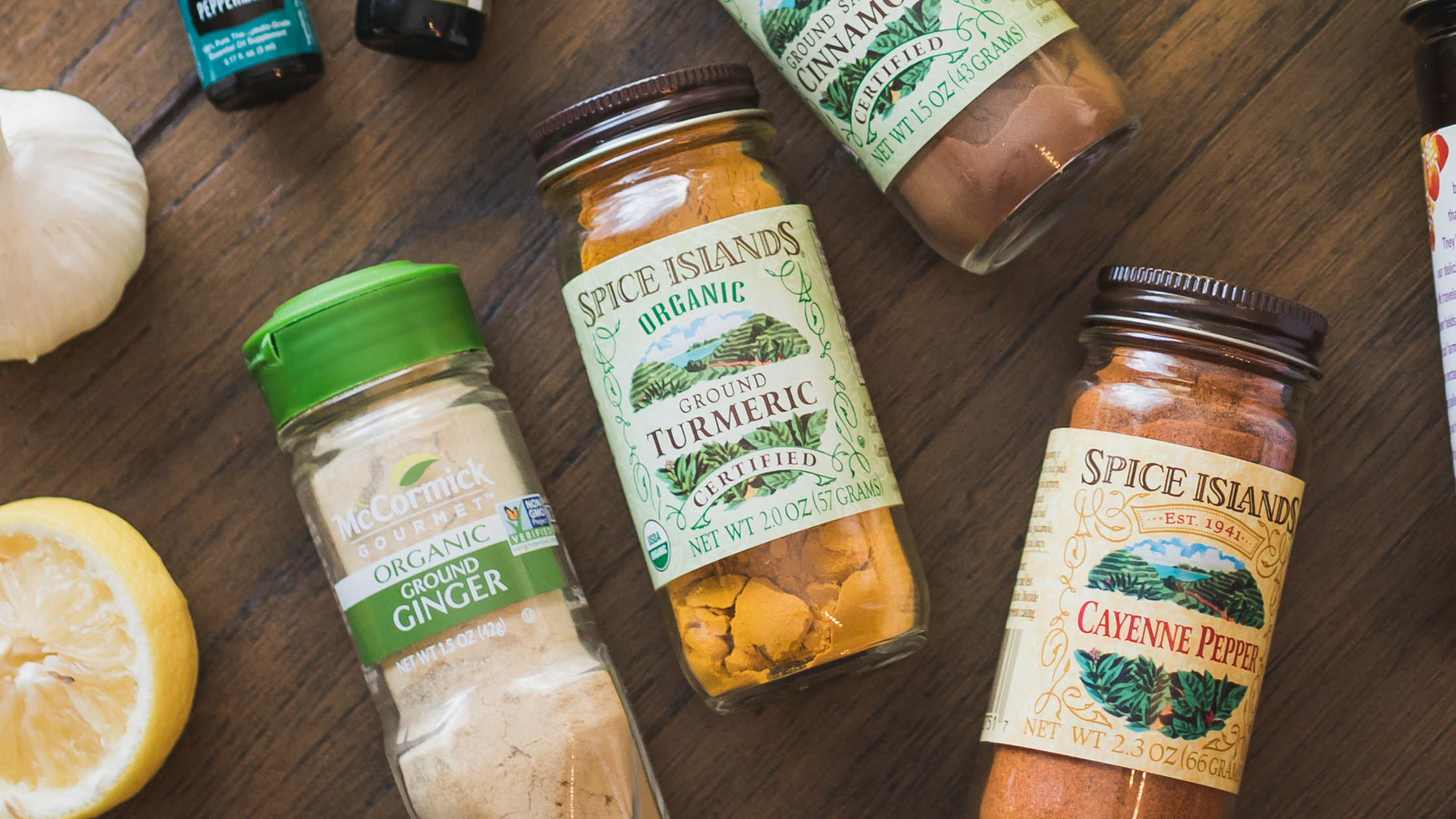Why Turmeric Is The New Super Food
Why Turmeric Is The New Super Food

Take any health magazine and you’ll find at least one mention of turmeric. This spice is used worldwide as both a food and medicine. Its health benefits have been known since the beginning of mankind. According to the latest research, turmeric contains bioactive compounds that induce cancer cell death, fight inflammation, and boost antioxidant levels in the body.
Brief History of Turmeric
This healing spice is native to southern Asia and gives curry its yellow color. Its medicinal properties are due to its high levels of curcumin. Turmeric has been subject to over 6,000 studies and appears to be more effective than antidepressants, blood pressure medications, and other pharmaceuticals.
Also, known as the golden spice, the queen of spices, or Indian saffron, this plant plays a key role in Ayurvedic medicine. People have been using turmeric for nearly 4,000 years for cooking, religious ceremonies, and medicinal purposes. This spice was mentioned in Susruta’s Ayurvedic Compendium and Sanskrit medical journals. Marco Polo described it as a vegetable similar to saffron. Turmeric is listed under over 100 different names in Ayurvedic literature, such as matrimanika and jayanti. Hindu communities believe that this plant is sacred.
Why Is Turmeric Good for Your Health?
Turmeric or curcuma longa appears to outperform traditional drugs in the treatment of inflammation, depression, arthritis, and other debilitating conditions. According to James A. Duke, Phd., this spice boasts natural compounds that stop the formation of beta-amyloid, a substance that triggers the onset of Alzheimer’s disease. It’s also an excellent source of curcumin, which displays string antioxidant effects.
Most people consume turmeric along with black pepper, which contains piperine. Curcumin, the active substance in turmeric, is poorly absorbed into the body. Piperine enhances its absorption by over 2,000 percent! Evidence shows that curcumin lowers inflammation, which in turn, reduces your risk of heart disease, inflammatory bowel disorders, Alzheimer’s, metabolic syndrome, and even cancer. This natural compound has also been found to be more effective against inflammation than most traditional drugs. It also has antibacterial and antioxidant properties, and can help destroy disease-causing pathogens.
Turmeric also benefits your brain. When consumed regularly, it boosts BDNF (Brain-Derived Neurotrophic Factor) levels, leading to improved memory and cognitive function. Curcumin, its main component, may help reverse endothelial dysfunction and lower risk of heart disease. In a recent study conducted on 121 people, those who took four grams of curcumin daily before and after coronary artery bypass surgery had a 65 percent lower risk of heart attack compared to the placebo group.
In folk medicine, this spice is used as a natural cure for bloating, heartburn, depression, fibromyalgia, common colds, ringworm, and skin disorders. A 2009-study has found that turmeric started to kill off esophageal cancer cells within 24 hours. This remedy may also prevent liver damage, type II diabetes, dementia, and age-related mental disorders.
Turmeric is not only healthy, but full of flavor. This ancient spice can be used in smoothies, tea (golden milk), broth, rice, chicken and fish dishes, desserts, and homemade facial creams. Due to its high antioxidant levels, it helps your body get rid of toxins and heal itself. You can even use it for whitening your teeth, or as a natural acne treatment. Start adding turmeric to your diet today!

